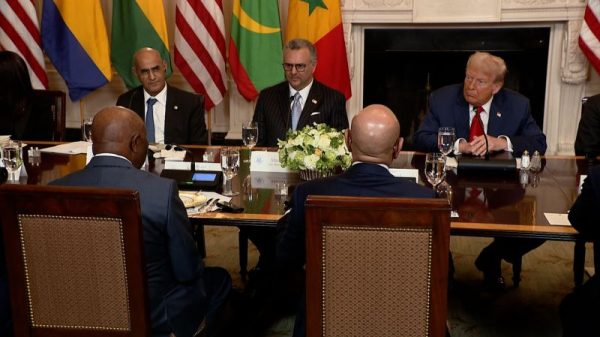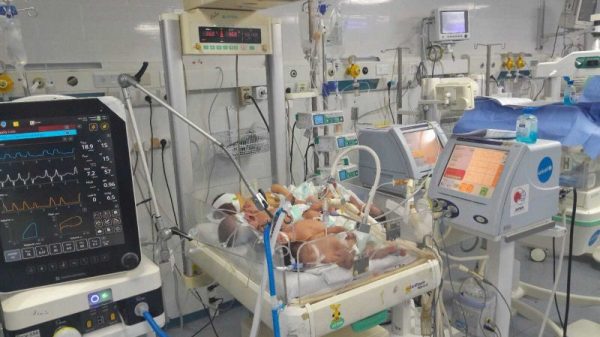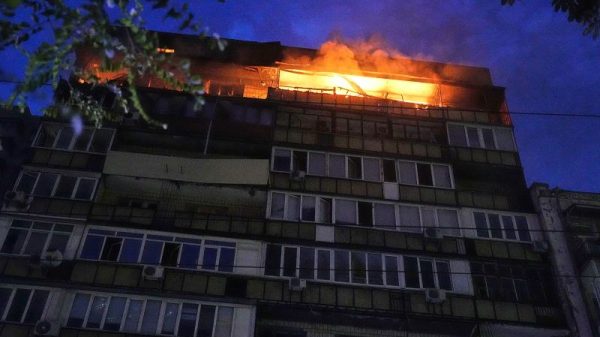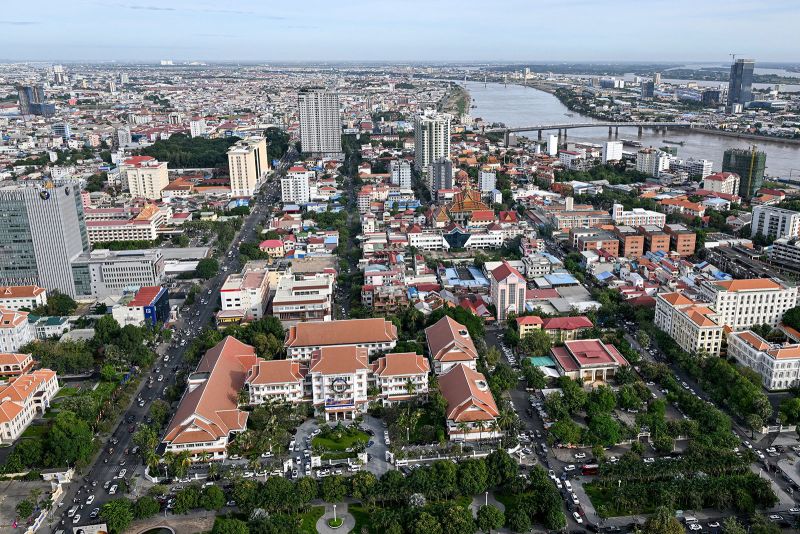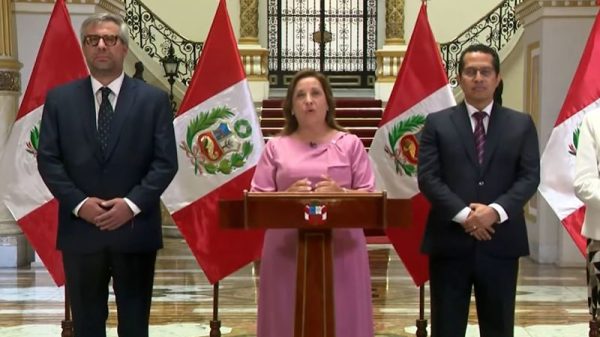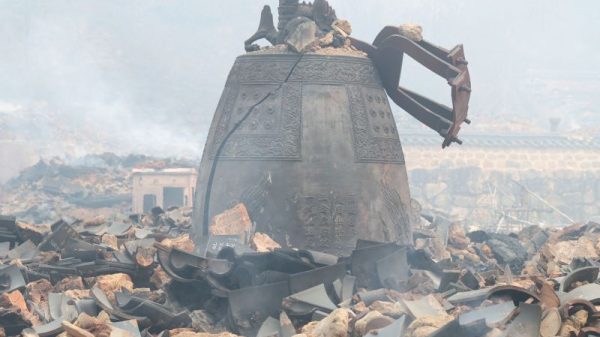Thirteen women from the Philippines have been convicted on human trafficking-related charges for acting as surrogates in Cambodia for a ring selling babies to foreigners for cash.
The women were each sentenced to four years in prison after being found guilty of selling, buying or exchanging a person for cross-border transfer, the Kandal Provincial Court said late Monday.
According to the verdict, two of the four years in prison were suspended, meaning they won’t have to be served unless they’re found guilty of another crime.
The women are held at a police hospital outside Phnom Penh, the Cambodian capital, and authorities have previously said they would not have to serve prison time until after giving birth.
The women can appeal the verdict, said court spokesperson So Sarin. He refused to comment on how many were still pregnant, or what would happen to the babies after they have given birth.
Developing countries have been popular for surrogacy because costs are much lower compared to the United States and Australia, where surrogate services could cost around $150,000.
The Cambodia case was unusual because surrogates normally are employed in their own countries, not transported elsewhere.
Authorities have said the business that recruited the women was based in Thailand, and that their food and accommodation in Cambodia was organized there.
The women were arrested in late September in a raid on a villa in Kandal province, where authorities found 20 Filipinos and four Vietnamese.
At the time the women were charged in October, Cambodia’s Interior Ministry said the ringleaders had not been identified. It said, however, that it considered the women offenders who conspired with the organizers to act as surrogates and then sell the babies for money, rather than victims.
Eleven of the women who were not pregnant were deported, and the 13 Filipinos were charged under a provision on Suppression of Human Trafficking and Sexual Exploitation. The law was updated in 2016 to ban commercial surrogacy after Cambodia became a popular destination for foreigners seeking women to give birth to their children.
Cambodia has a bad reputation for human trafficking, especially in connection with online scams in which foreigners recruited for work under false pretenses are kept in conditions of virtual slavery and help perpetrate criminal fraud online against targets in many countries.
The surrogacy business boomed in Cambodia after it was put under tight restrictions in neighboring Thailand, as well as in India and Nepal.
In July 2017, a Cambodian court sentenced an Australian woman and two Cambodian associates to 1 1/2 years in prison for providing commercial surrogacy services.











